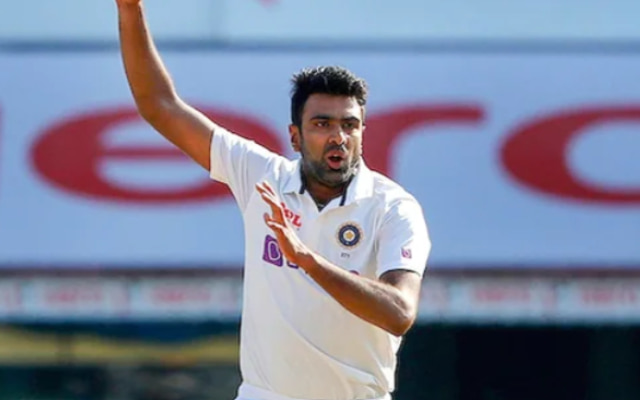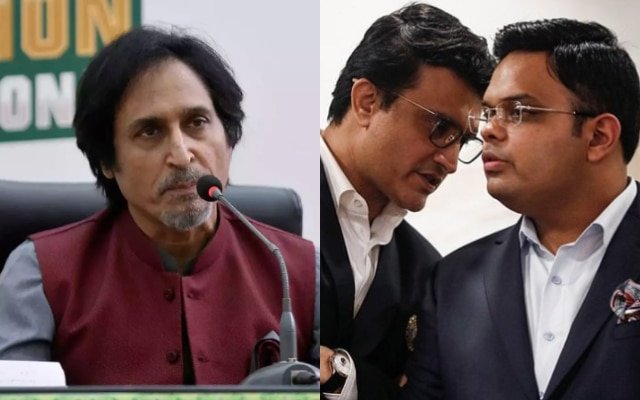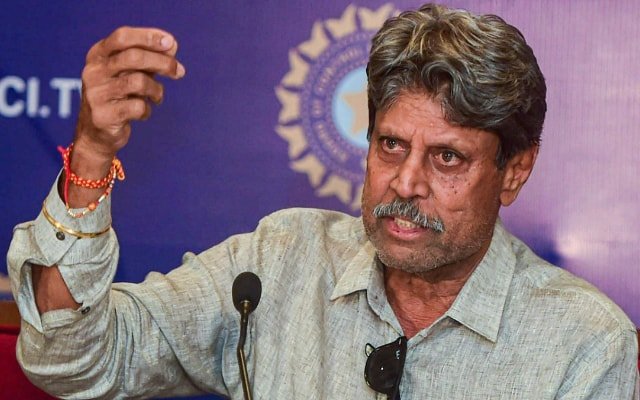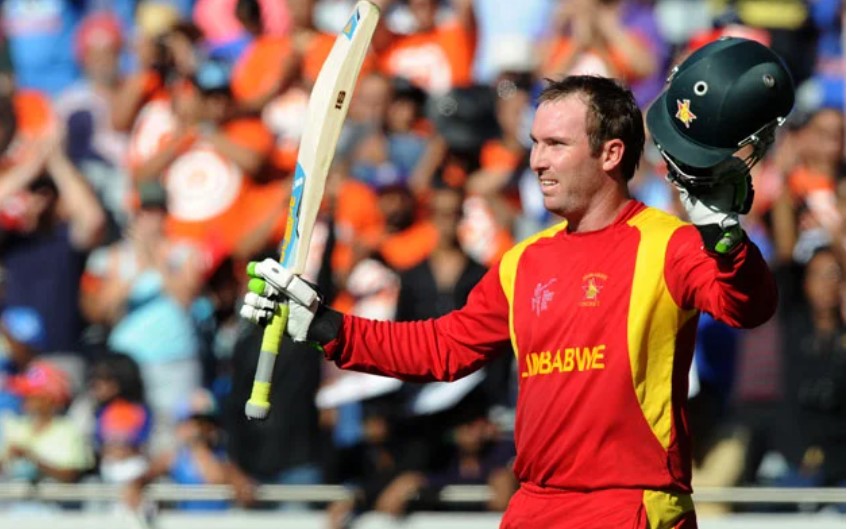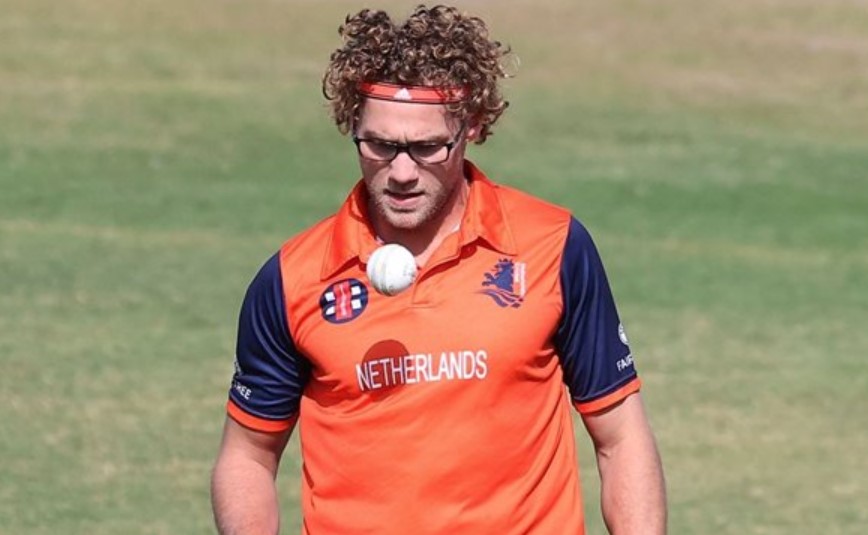ICC plans to permanent ‘Stop Clock’ rule in ODIs and T20Is
The rule is likely to be applied in the T20 World Cup 2024.

The ‘Stop Clock’ rule, currently under trial, is set to run on permanently in international cricket. With the approval, the rule will be part of the upcoming T20 World Cup 2024 in June in the West Indies and the United States of America (USA). The International Cricket Council (ICC) introduced this rule last December to avoid needless waste of time.
The rule will take place not only in the T20I games but also in One-Day Internationals (ODIs) too. It produces an electronic clock between overs to provide the fielding team with 60 seconds. During this period, they must begin the next over before the countdown reaches to zero.
A breach of this rule will see the on-field umpires penalizing a team. The third umpire will have the responsibility to monitor the timer. The two ground umpires will issue two warnings to the fielding side before imposing a five-run penalty for the third offence or every next breach of the rule since then. Those two umpires will also have the right to decide the penalty whether the batters, a DRS call, or any unforeseen circumstance in the field is causing those delays.
Read More: “I don’t want to say anything about it” – Yashasvi Jaiswal reacts to Ben Duckett’s bizarre comment
The Similar ‘Timed out’ rule
A similar rule is also in place for the batting side, where the new batter has to take the field within 90 seconds after the fall of the last wicket. Only an appeal from the fielding side could dismiss the batter, after violation of this particular rule.
Notably, during the last ODI World Cup 2023 in India, Sri Lanka’s Angelo Matthews became the first player to be ‘timed out’ when Bangladesh decided to appeal. Matthews wasn’t ready to take his first ball inside that 90-second mark.
The ‘Stop Clock’ rule was initially under trial by the ICC from last December. It was supposed to end in April. But with the satisfaction of both the ICC and the cricketing committee, the rule is set to become permanent in all white ball games. The rule has been approved by the members of the ICC at the ongoing series of meetings in Dubai.
Read More: “Let’s not talk about it” – CSK CEO sheds light on future captaincy post MS Dhoni’s tenure

